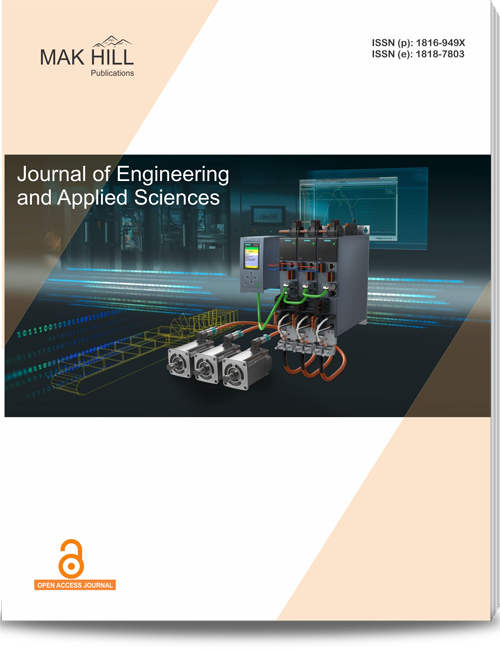
Journal of Engineering and Applied Sciences
ISSN: Online 1818-7803ISSN: Print 1816-949x
149
Views
0
Downloads
Physicochemical and Microbiological Characterization of an Endogenous Enzymatic Hydrolysate Obtained by Adding Formic Acid to Trout Viscera (Oncorynchus mykiss)
Jose Luis Hoyos-Concha, Hector Samuel Villada-Castillo, Alejandro Fernández-Quintero and Rodrigo Ortega-Toro
Page: 2811-2816 | Received 21 Sep 2022, Published online: 21 Sep 2022
Full Text Reference XML File PDF File
Abstract
By-products obtained in the development of fish farming such as trout entrails have a high protein and oil content in their composition with potential use in the food agribusiness. There are alternative methods such as chemical silage which facilitates fat extraction and obtaining of hydrolysed protein due to the action of endogenous proteases which are activated in an acidic medium during this process. The main objective of this work was to obtain and characterise physicochemical and microbiologically a hydrolysed protein meal from trout by-products (Oncorhynchus mykiss). Proximal analysis (humidity, ash, ethereal extract and crude protein) and microbiological analysis were performed to finally obtain an endogenous hydrolysate to which the degree of hydrolysis, pH, titratable acidity and oil yield was determined. It was found that the treatment carried out using chemical silage generates an acidic environment (pH 3.2) that prevents microbial decomposition and facilitates the extraction of the lipid fraction. The hydrolysis process obtained, close to 62%, allows obtaining a product called hydrolysed protein meal that according to its composition could be used to formulate farm animal’s diet.
How to cite this article:
Jose Luis Hoyos-Concha, Hector Samuel Villada-Castillo, Alejandro Fernández-Quintero and Rodrigo Ortega-Toro. Physicochemical and Microbiological Characterization of an Endogenous Enzymatic
Hydrolysate Obtained by Adding Formic Acid to Trout Viscera (Oncorynchus mykiss).
DOI: https://doi.org/10.36478/jeasci.2020.2811.2816
URL: https://www.makhillpublications.co/view-article/1816-949x/jeasci.2020.2811.2816